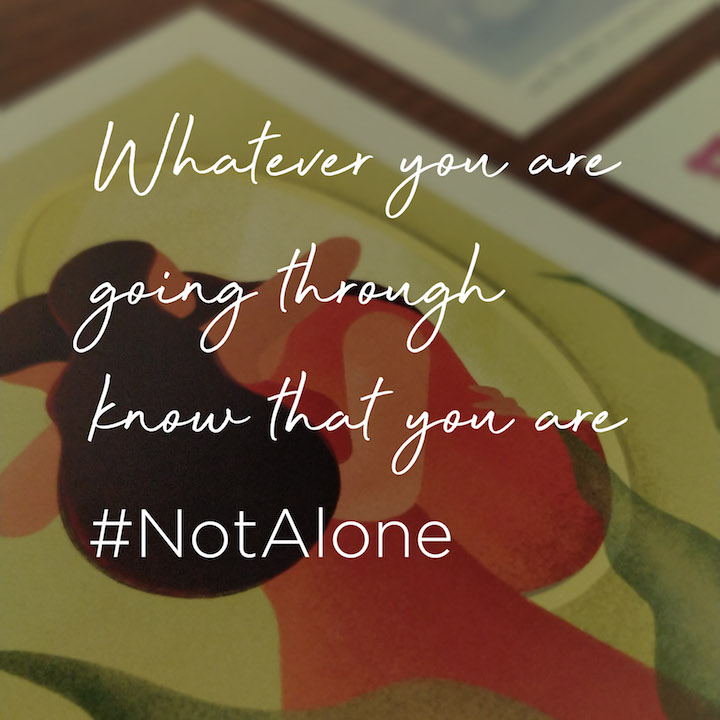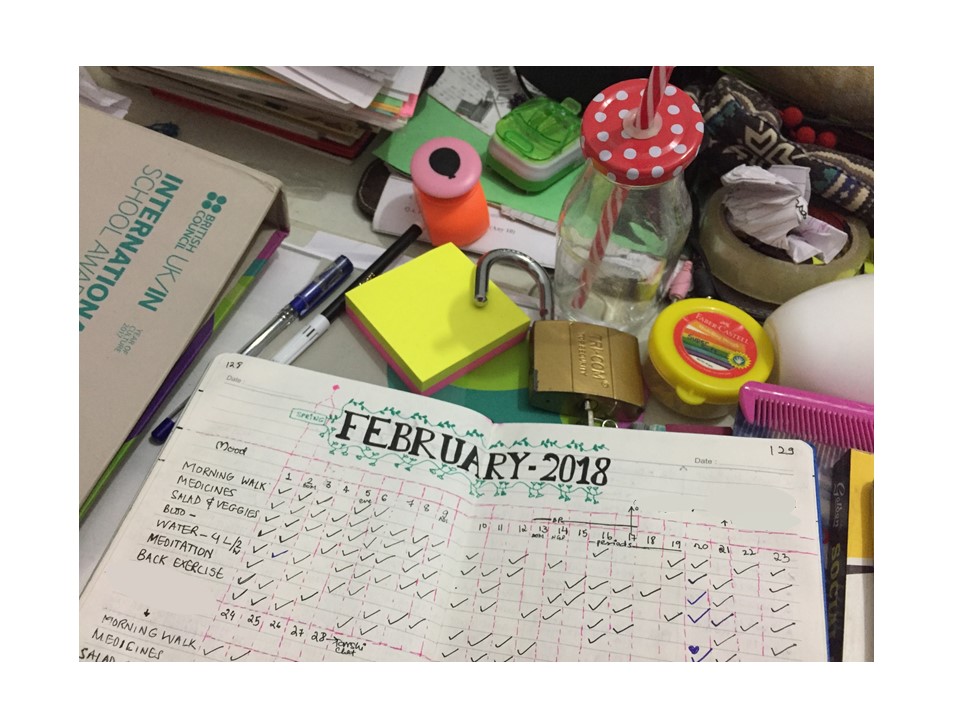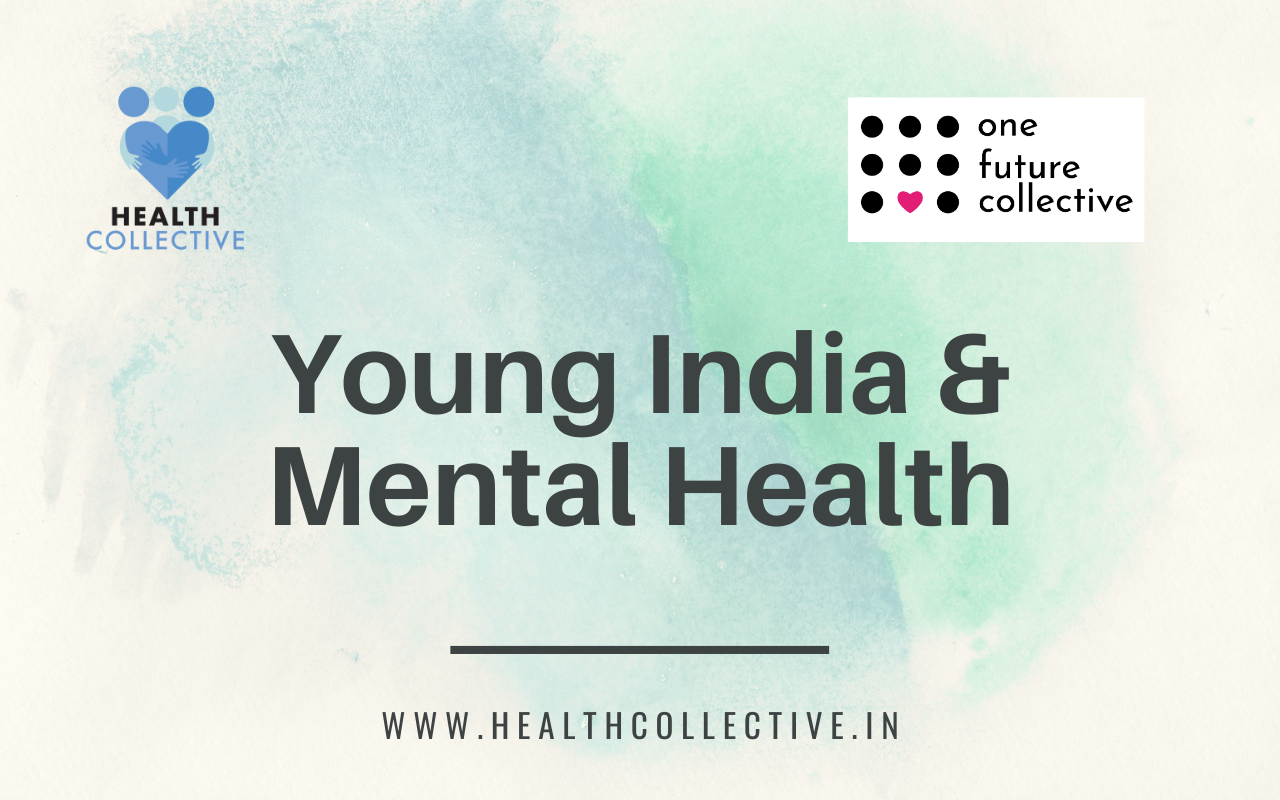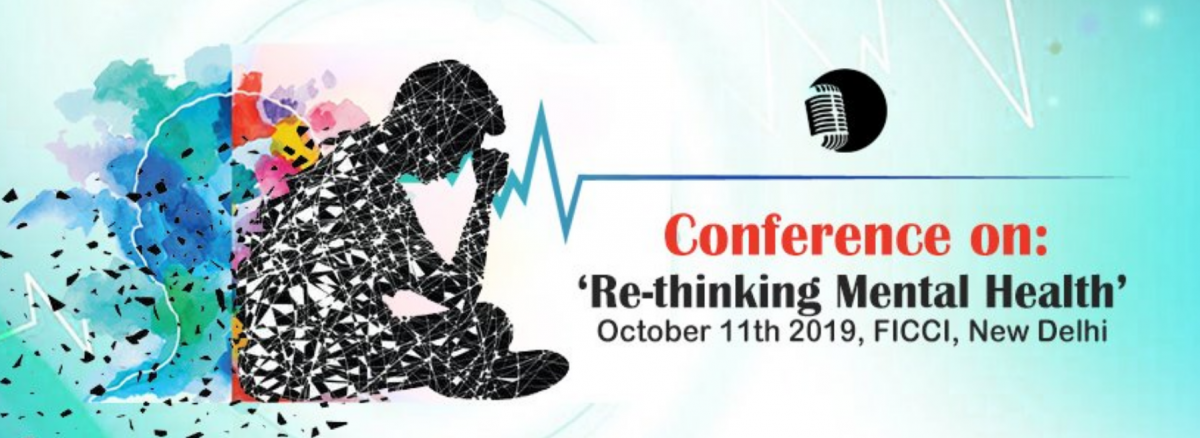Crisis Mode On: Why We Need a Reality Check
Take a minute to take stock of some of the emotions you’ve been feeling. Maybe it’s been an emotional roller-coaster, and you’re finding it harder than ever to regulate those emotions – you may see-saw between fear, stress, feeling helpless and feeling overwhelmed. You may feel a constant and vague ‘tension’, you may even notice physical symptoms like heart palpitations, migraines building up. You may have lost someone close to you – or have read of a former colleague having lost their life due to Covid-19 – and right now you may just be going through the motions, through a fog of bereavement. And then there’s survivor’s guilt, looking at the sea of humanity broadcasting their sheer helplessness as the infrastructure crumbled in front of our very eyes. Someone tweeted about trying to reach out to someone who had passed away – the smartphone can do a lot but the phonebook doesn’t automatically update or send condolences or protect us from the void, or tell us we’re #notalone.
There is a LOT going on right now (a war, economic downturn, potential fourth wave looming, long COVID, and daily news updates on the unravelling of our social fabric). One thing we’ve learned during the pandemic is that there is an uptick in anxiety. Various stakeholders have pointed out – from their own experience as psychologists and psychiatrists, or from running helplines – that people are increasingly anxious… worried not just about getting Covid-19, but also about potentially infecting their family members, loved ones falling ill, sometimes far away when they can’t do anything to help. Add to that the stress of losing one’s livelihood, rising prices and what experts are predicting will be a turbulent year all-round.
A study[1] (Dalal P K, Roy D, Choudhary P, Kar SK, Tripathi A. Emerging mental health issues during the COVID-19 pandemic: An Indian perspective. Indian J Psychiatry 2020;62, Suppl S3:354-64) cites an online Indian survey that about 40.5% of the participants reported anxiety or depressive symptoms. About three-fourth (74.1%) of the participants reported a moderate level of stress, and 71.7% reported poor well-being.[2]
There are real life and death issues, and then there’s uncertainty – about jobs, the economic crisis, about education (and all those future plans which seems so critical especially on the cusp of young adulthood). There’s fear of the virus and death, certainly, but so many other factors right now, that it feels like a veritable age of anxiety.
If we were to move away from labels and the binaries we’re all so comfortable with – mentally ill vs well, ok vs non-ok, normal vs abnormal, sane vs insane – and think of mental health as something of a spectrum, in our most honest moments, we might admit that we’re actually in a stressful, almost ‘warning’ zone.
This, it seems, is “normal” right now given what’s happening. Anxiety is an adaptive response. One very reassuring quote I got from the Canada-based Professor Steve Joordens, Professor of Psychology, University of Toronto Scarborough, who set up the short online MOOC ‘Mind Control: Managing Your Mental Health During Covid-19[3]’ at the start of the pandemic last year, was this: “If you’re not anxious right now, you’re not paying attention” [4].
Of course it stands to reason we’d be anxious, doesn’t it? We’ve lived through a global crisis – an unprecedented one, as we all know. This – wave of Anxiety we are seeing or feeling – may not be something that’s just a “mental disorder”, sitting in a silo, as diagnosed by experts using the DSM-V (the Diagnostic and Statistical Manual of Mental Disorders, by the American Psychiatric Association is widely used as a handbook for the classification of mental disorders). We do need to resist the temptation to look at everything from the bio-medical lens, and acknowledge the major and multiple socio-cultural determinants.

Dr Soumitra Pathare, the director of the Centre for Mental Health Law and Policy, ILS Pune talks of looking at issues like Anxiety and Depression (commonly referred to as ‘tension’ or ‘stress’ or ‘ghabrahat’ outside of circles of urban privilege) as on a Maslow’s hierarchy of needs. For most people survival comes first, so if you’re worried about food, water, surviving day to day, you’re not going to have the luxury of having this conversation about anxiety and whether it’s a disorder you need help with. But if you’ve got those covered, then you very much need to be paying attention to your own mental health (and we all have mental health). “If I’m feeling anxious about the fact that I might get Covid, that’s a reasonable anxiety to have at this point in time. It’s only if that anxiety gets to a point where it stops me from functioning or it makes my life so miserable that I can’t do anything, then you can say it’s become ‘abnormal’ in some sort of way,” Dr Pathare shared with us for the book Age of Anxiety: How to Cope.
Having said that, an interesting counter-point to how we’re all talking about anxiety now, is from someone with lived experience of Anxiety as a disorder. In an interview with Raj Mariwala, Director of the Mariwala Health Initiative, for the book Age of Anxiety, Mariwala said she is “amused” to hear this articulation of how it’s ‘normal’ to feel anxiety during the Covid-19 pandemic in a way makes her anxiety (and experience of Anxiety as a disorder all these years) somehow ‘abnormal’.
#NOTALONE: REACH OUT
So when do you need to seek help? Mental health experts suggest you reach out to a professional for help if your anxiety is beginning to hinder your day-to-day life, if you’re finding you’re unable to sleep or eat, unable to function, unable to deal with acute levels of distress. Speak to someone qualified as a psychologist or psychiatrist (please skip the life coaches and pop psychology social media influencers here). Having said that, it’s more than likely that short of that threshold, speaking to peers or a support system you have in place will prove helpful.
What are some tips on how to cope right now? Age of Anxiety co-author Kamna Chhibber, clinical psychologist and Head – Mental Health at Department of Mental Health and Behavioural Sciences, Fortis Healthcare advises that you let yourself feel all your emotions. Don’t judge yourself for what you’re feeling. It’s clear as Dr Pathare points out, a pandemic is a good example of something that will swamp us all – despite how good our regular coping skills may be.
Try to take control of something – your routine, a daily schedule, finding something that you enjoy doing (art? Writing? Gardening?) Connect with other people where you can – meaningful connections, not the superficial ones. This might be the time to pick up the phone and call an old friend you’ve lost touch with 10-15 years ago. Unplug – if you need to. You don’t need to be doom-scrolling all the time. Find the balance between staying informed and information overload. Take care of your physical health as much as you can (eat well, sleep well).
Professor Joordens’ tips also helped me during the pandemic – it might be helpful, if you’re not feeling too burdened, to find a small way to help someone. There are fund-raisers, volunteers’ collectives online, that could use your support, or it could be something as simple as picking up the phone and calling up an elderly relative, who might be feeling lonely, shaken and bearing the brunt of social isolation. Please don’t pressurise yourself right now to do more than you can or to be your ‘best self’ (whatever that means). And also remember that just because something helped someone else doesn’t mean it’s the only way to heal (contributor Rajashree Gandhi shares how much bullet journaling helped her, while being equally adamant that she would never force this on anyone).
There is no one-size-fits-all approach to dealing with anxiety and certainly not one that would apply during a catastrophic crisis (add the war, economic downturn, various societal stressors, and it’s hard to see how this is anything short of a catastrophe.)
The last thing you’d want is to suggest that there is one cookie-cutter mould for how to deal with the distress you may be living with. Each of us will need to find our own strategies, coping mechanisms and reach out to trained professionals if we feel like we’re losing that balance or feeling like we cannot get through the day with this massive oppressive haze of uncertainty that is looming. Perhaps the most important thing to remember is that you’re not alone in this. There’s some (cold) comfort in that.
Amrita Tripathi set up The Health Collective site that documents stories on mental health and illness from an India lens in 2016; she is the co-author of ‘Age of Anxiety’ (Simon and Schuster India, 2021).
[1]https://www.indianjpsychiatry.org/article.asp?issn=0019-5545;year=2020;volume=62;issue=9;spage=354;epage=364;aulast=Dalal#ref6
[2] Grover S, Sahoo S, Mehra A, Avasthi A, Tripathi A, Subramanyan A, et al. Psychological impact of COVID-19 lockdown: An online survey from India. Indian J Psychiatry 2020;62:354.
[3] https://www.coursera.org/learn/manage-health-covid-19
[4]http://healthcollective.in/2020/04/managing-anxiety-during-covid-19-learning-mind-control-with-professor-steve-joordens/



